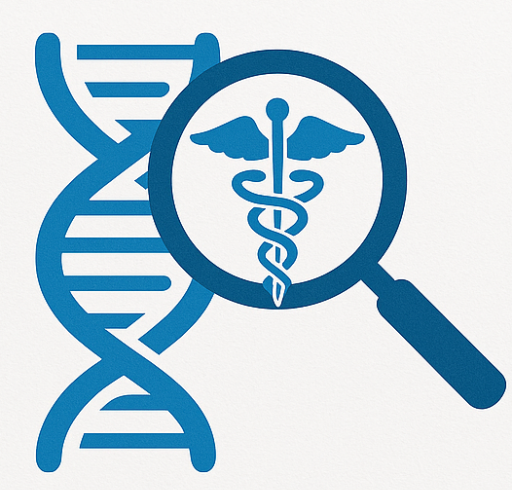🧬 TP53 Gene Overview
- TP53 is a tumor suppressor gene that encodes the p53 protein, often called the “guardian of the genome.”
- p53 helps maintain genomic stability by controlling the cell cycle, DNA repair, and apoptosis (programmed cell death).
📊 Prevalence of TP53 Mutations in Cancer
TP53 is the most frequently mutated gene in human cancers:
| Cancer Type | TP53 Mutation Frequency |
|---|---|
| High-grade Serous Ovarian Cancer | >95% |
| Small-cell Lung Cancer | ~90% |
| Esophageal Cancer | ~80% |
| Colorectal Cancer | ~50–60% |
| Breast Cancer (Triple-negative) | ~80% |
| All Cancers (overall estimate) | ~50% of all tumors |
⚙️ Mechanism: How TP53 Mutations Could Cause Cancer
🛡️ Normal TP53 Function
- Activated by cellular stress such as:
- DNA damage
- Hypoxia
- Oncogene activation
- p53 can:
- Pause the cell cycle to allow repair
- Trigger apoptosis if damage is irreparable
- Promote senescence (cell aging)
🧨 Mutated TP53
- Mutations often lead to:
- Loss of function: p53 can’t stop damaged cells from dividing
- Dominant-negative effect: mutant p53 blocks any remaining normal p53
- Gain of function (in some cases): mutant p53 can promote invasion and metastasis
- Result: genomic instability, uncontrolled proliferation, and resistance to apoptosis
